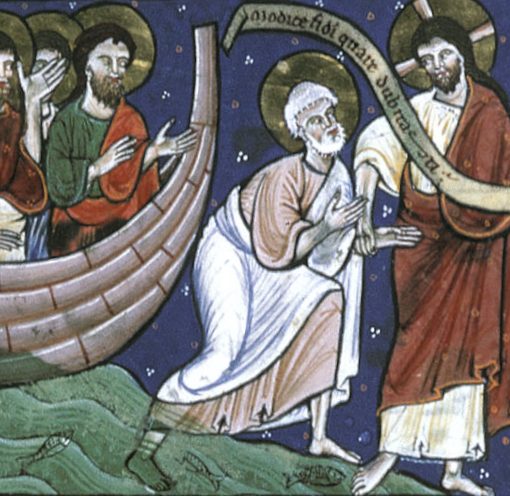This is an entry in the “Acrostic Contemplations.”
Xenophilia is the “is the love for, attraction to, or appreciation of foreign people, manners, customs, or cultures.” [mfn]Flusty, Steven (2004). De-Coca-colonization: Making the Globe from the Inside Out. New York, London: Routledge. p. 208. As cited on Wikipedia.[/mfn] I have more than a bit of xenophilia in me; I enjoy learning other languages, traveling, and experiencing other cultures. Indeed, much of what I do as an academic and administrator is to encourage students to broaden their perspectives, learn about new and different communities, and develop an expanded view of the world. Even though I am not a linguist (although I do work in various languages), I enjoy studying them immensely, not least because the material studied always reveals so much about the people, whether contemporary or historical communities.
There can be too much of a good thing, however. I noticed it when we were living in England. There were some friends and colleagues who were complete “Anglophiles,” so in love with all things English that they often overlooked the many difficulties and problems of England and the UK (which were often quickly pointed out by our English friends and even more quickly pointed out by our Scottish friends). I even knew a few that developed an English accent (RP, of course). This sort of infatuation can be blinding and is rarely healthy. One sees the good in the object of their affection and as a corollary cannot see any value in the homeland they are leaving behind them (whether they physically move or not). Of course, Americans, by which I mean US citizens, are stereotypically so full of pride and machismo that many have a hard time seeing the good in any other country and certainly cannot countenance the bad in our own. When it comes to love of country and culture, blind allegiance is never healthy.
Critical reflection, however, is healthy and necessary. Whether we are talking about patriotism, culture, or religious faith, to be able to thoughtfully and critically consider other perspectives and experiences can enrich our own. It may even cause us to reassess and change our views and convictions. Jesus is “the way, the truth, and the life.” All of us, individually and collectively, sometimes lose the way and believe and practice something less than the truth. A belief or practice is not to be valued or held in high esteem simply because it is “other,” nor should it be rejected for the same reason. Rather truth should always be sought and embraced, wherever it may be found.
“Do not find fault before you investigate; examine first, and then criticize.” (Sirach 11:7)





